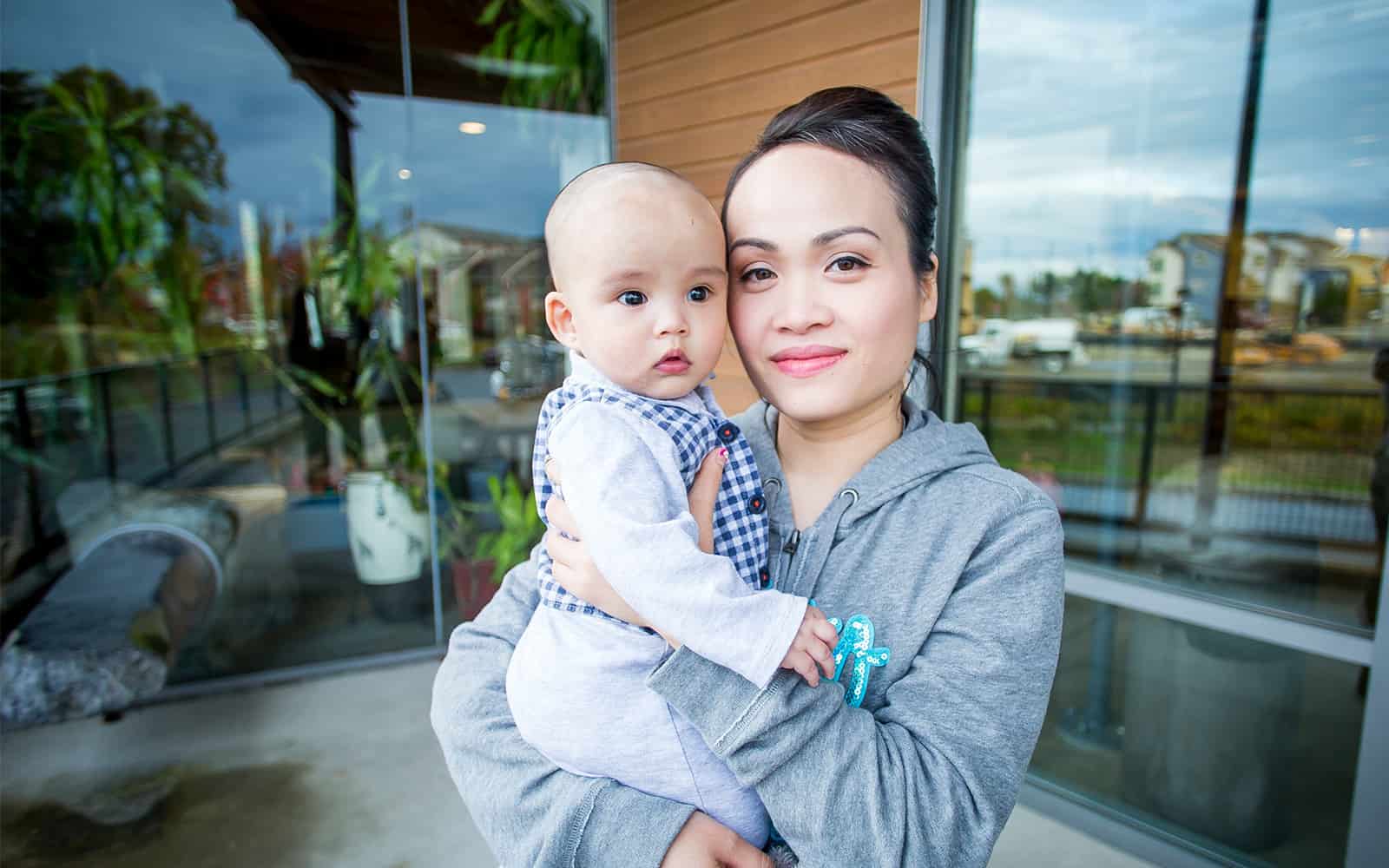While much attention and effort has been directed at addressing the widening opportunity gap in the United States, children growing up in communities that are under-resourced from decades of historical and institutional racism face an equally pervasive and related health gap. By and large, they have markedly worse health than their peers from more advantaged communities. This gap appears early in life and builds over time. Science suggests that adverse early life experiences and environments — prenatally and in a child’s first years — can contribute to the health gap, leaving biological imprints on the child’s developing body and brain that can have strong and lasting effects.
Fortunately, new and current research points us to a critical strategy in narrowing the health gap and giving all children a chance at good health over their lifetime: We can ensure that every child has access to high-quality early childhood programs, including early education and home visiting.



